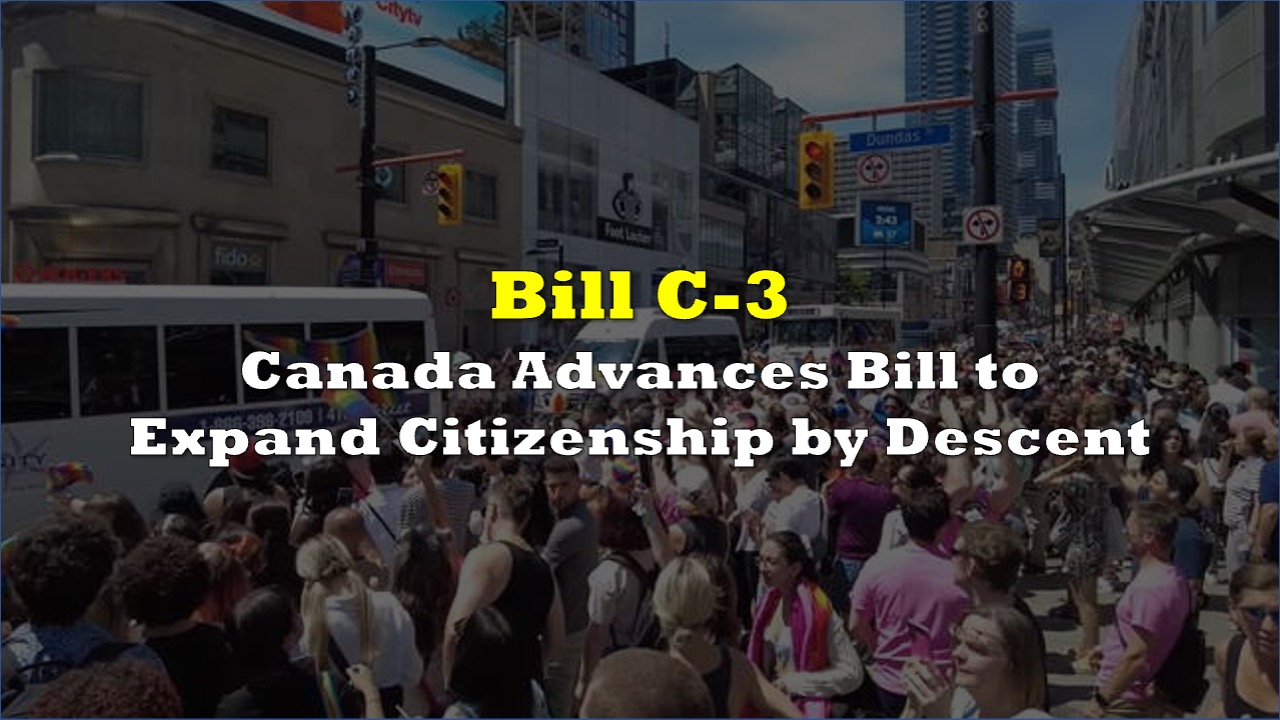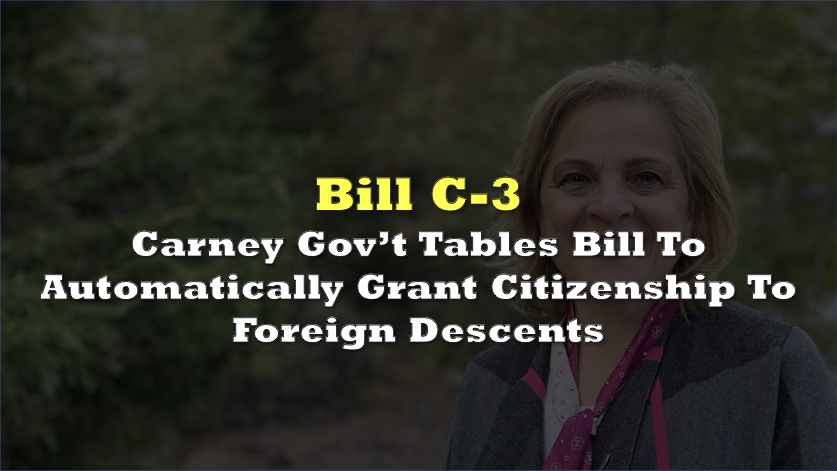Canada’s Parliament is debating legislation that would allow tens of thousands of people born abroad to Canadian parents to claim citizenship, addressing what the government calls historical inequities while critics warn of administrative burdens and security gaps.
Bill C-3, introduced June 5 by Immigration Minister Lena Diab, would eliminate the “first-generation limit” that prevents Canadian citizens born abroad from passing citizenship to their own foreign-born children. The Ontario Superior Court declared key provisions of the current restriction unconstitutional on Dec. 19, 2023.
The Parliamentary Budget Office estimates around 115,000 people could gain citizenship over five years under the legislation, at a cost of $20.8 million to the federal government.
The bill would automatically restore citizenship to so-called “Lost Canadians” — people denied citizenship due to outdated laws, including those who lost status at age 28 under former section 8 of the Citizenship Act.
For future cases, Canadian parents born abroad could pass citizenship to their children if they demonstrate “substantial connection” to Canada through at least 1,095 cumulative days of physical presence before the child’s birth.
“Citizenship is more than a legal status—it’s a profound connection to the values, history, and spirit of Canada,” Diab said in government statements about the bill.
Conservative MPs oppose the legislation, arguing it lacks security screening requirements and could create “Canadians of convenience” with minimal ties to the country.
While you weren't paying attention, the Liberals have been shoving through BillC3, which is even more reckless than mass immigration.
— Kirk Lubimov (@KirkLubimov) September 23, 2025
It creates chain mass citizenship handouts to Canada.
This isn't only supercharging the growth of foreigners with little connection to Canada… pic.twitter.com/XENRgqRiAX
“We don’t even know what the extent of the risk is, because there’s no analysis done,” Conservative MP Dan Mazier said during second reading of the bill.
The Conservatives blocked similar legislation in the previous Parliament, prompting court extensions of the deadline for reform.
Canada’s citizenship laws have long contained gender-based inequalities. Historical rules prevented women from transmitting citizenship to foreign-born children when they married non-Canadians, while no such restriction applied to Canadian men.
The first-generation limit emerged in 2009 following expensive government evacuations during international crises, including the Lebanon conflict that required Canada to spend $94 million relocating 15,000 dual citizens.
An estimated 4 million Canadian citizens live abroad, about half of whom were born outside Canada.
The bill requires passage by both houses of Parliament and royal assent to become law. The government faces a court-imposed deadline of November 2025 to address the constitutional issues.
Information for this story was found via the sources and companies mentioned. The author has no securities or affiliations related to the organizations discussed. Not a recommendation to buy or sell. Always do additional research and consult a professional before purchasing a security. The author holds no licenses.






One Response
Why?